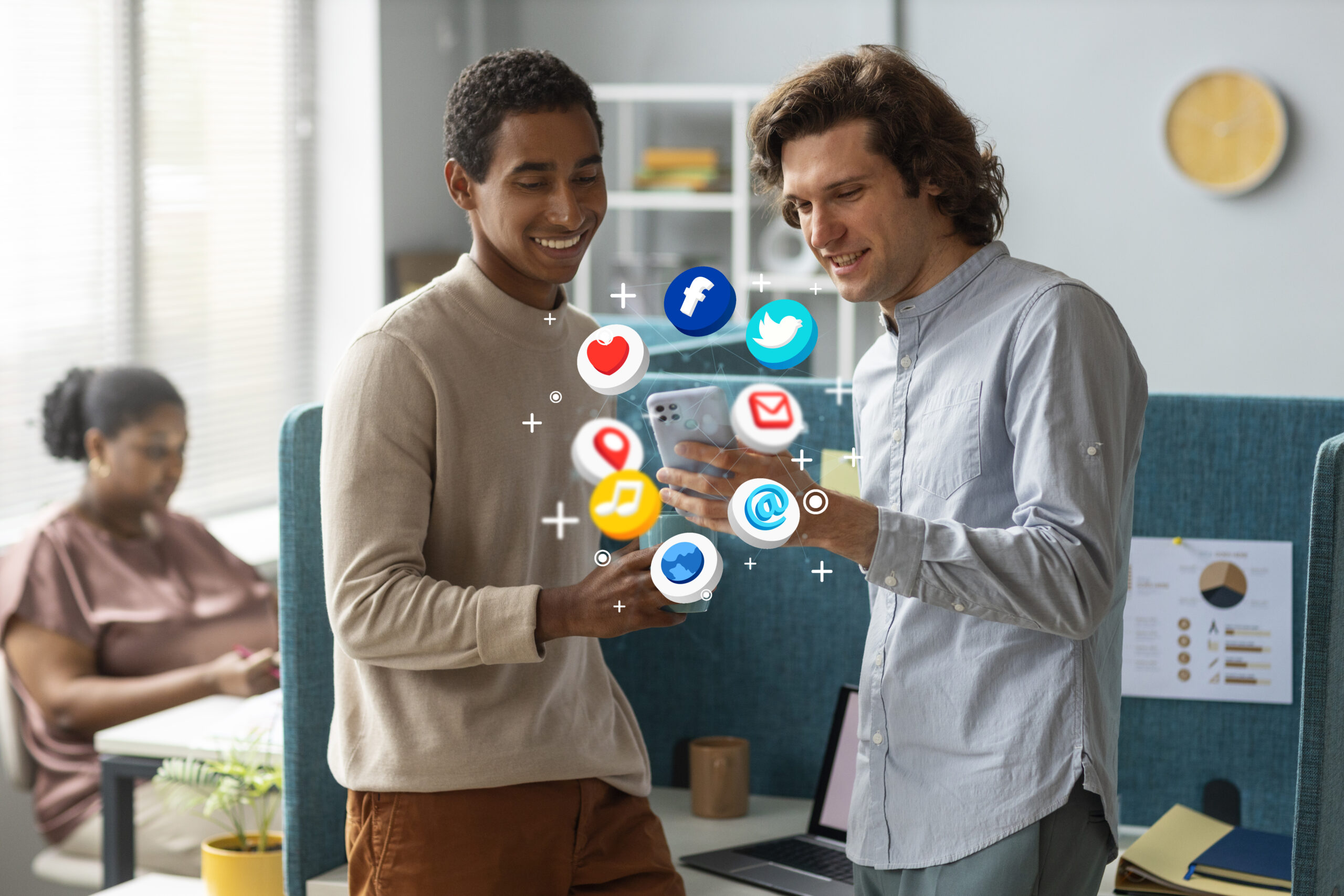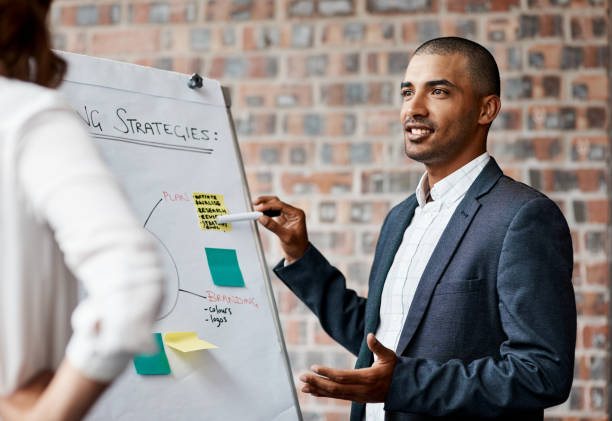Hosting an event takes time, effort, and planning. But even the most well-organized event will not succeed if no one knows about it. This is where PR Coordination becomes essential. It is the key to making sure your event gets the attention it deserves. The right approach can attract media coverage, bring in a larger audience, and create a lasting impression.
In this guide, we will look at how PR Coordination can help increase exposure for your event. You will learn about media outreach, audience engagement, and how to build strong relationships that boost visibility.
Why PR Coordination is Important for Events
Events rely on publicity to be successful. Without proper promotion, even a well-planned event may struggle to draw attendees. PR Coordination helps spread the word through media coverage, press releases, and strategic partnerships.
Building Awareness
Public relations professionals create interest in your event by reaching out to journalists, bloggers, and influencers. This generates buzz before the event even begins.
Attracting the Right Audience
A well-planned PR Coordination strategy ensures that the right people hear about your event. It helps target specific groups, whether it is industry experts, local communities, or potential customers.
Strengthening Brand Credibility
Media coverage and press mentions add credibility to your event. When trusted sources talk about your event, people are more likely to attend and engage.
Planning a Strong PR Coordination Strategy
A successful PR Coordination plan does not happen overnight. It requires careful planning and execution. Here are some important steps to follow:
1. Define Your Event Goals
Before reaching out to the media, you need to be clear about what you want to achieve. Ask yourself:
- Do you want to attract more attendees?
- Are you trying to promote a new product or service?
- Is the goal to raise awareness for a cause?
Once you have a clear goal, your PR Coordination strategy will be more effective.
![]()
2. Identify Your Target Audience
Understanding who you want to reach is just as important as planning the event itself. Consider:
- What are their interests?
- Where do they get their information?
- Which media outlets do they follow?
This helps you tailor your message and choose the best channels for promotion.
3. Create a Compelling Story
Journalists and media professionals receive hundreds of event pitches every day. To stand out, your event must have a strong and interesting story. Focus on:
- What makes your event special
- How it benefits the audience
- A unique angle that grabs attention
Crafting the Perfect Press Release: PR Coordination
A press release is a powerful tool in PR Coordination. It helps communicate the key details of your event in a professional way.
Key Elements of a Strong Press Release
- A Clear Headline: Make it short, direct, and engaging.
- A Strong Opening Paragraph: Include the event’s purpose, date, location, and why it matters.
- Quotes from Organizers or Key Figures: These add credibility and a personal touch.
- Important Event Details: Include ticket information, agenda highlights, and any special guests.
Distributing Your Press Release
Once your press release is ready, send it to:
- Local newspapers and online publications
- Industry-specific media outlets
- Influencers and bloggers who cover similar events
Make sure to follow up with journalists to increase your chances of coverage.

Working with Media and Influencers
Building Media Relationships
The more relationships you build with journalists, the easier it becomes to get coverage for future events. You can strengthen these connections by:
- Engaging with their content on social media
- Sending them relevant news and updates
- Offering exclusive interviews or behind-the-scenes access
Leveraging Influencers for Promotion: PR Coordination
Influencers have a strong connection with their audience, making them great partners for PR Coordination. To work with influencers:
- Identify those whose audience matches your target group
- Provide them with early access or exclusive content
- Encourage them to share their experience with their followers
Social Media as a PR Coordination Tool
Social media plays a huge role in promoting events. It allows you to reach a larger audience and create excitement leading up to the event.
Pre-Event Social Media Strategies
- Create a Unique Hashtag: This makes it easy for attendees to find and share event-related content.
- Host a Countdown: Build anticipation by sharing daily or weekly updates.
- Engage with Followers: Respond to comments, answer questions, and encourage discussions.
Live Event Social Media Coverage: PR Coordination
During the event, social media keeps the momentum going. Consider:
- Live Streaming: Share key moments in real time.
- Behind-the-Scenes Content: Show the setup, speaker preparations, and backstage moments.
- Encouraging User-Generated Content: Ask attendees to post their experiences using the event hashtag.
Post-Event Social Media Strategies
- Thank Attendees and Participants: Show appreciation to those who took part.
- Share Event Highlights: Post photos, videos, and key takeaways.
- Gather Feedback: Ask attendees what they enjoyed and what could be improved.

Measuring PR Coordination Success: PR Coordination
Tracking the success of your PR Coordination efforts helps improve future events. Some important metrics to measure include:
- Media Mentions: Count how many times your event was featured in publications.
- Social Media Engagement: Track likes, shares, comments, and hashtag usage.
- Event Attendance: Compare expected attendance with actual numbers.
- Website Traffic: Monitor how many visitors came from press releases and media coverage.
By reviewing these results, you can identify what worked well and what can be improved for your next event.
Final Thoughts: PR Coordination
Effective PR Coordination can make the difference between a well-attended event and an overlooked one. With the right approach, your event can reach a wider audience, gain media attention, and leave a lasting impression.
Start by defining your goals, crafting a strong press release, and building relationships with media professionals. Use social media to engage with your audience, and measure your results to improve future strategies.
By following these steps, your event will have the visibility and impact it deserves.








